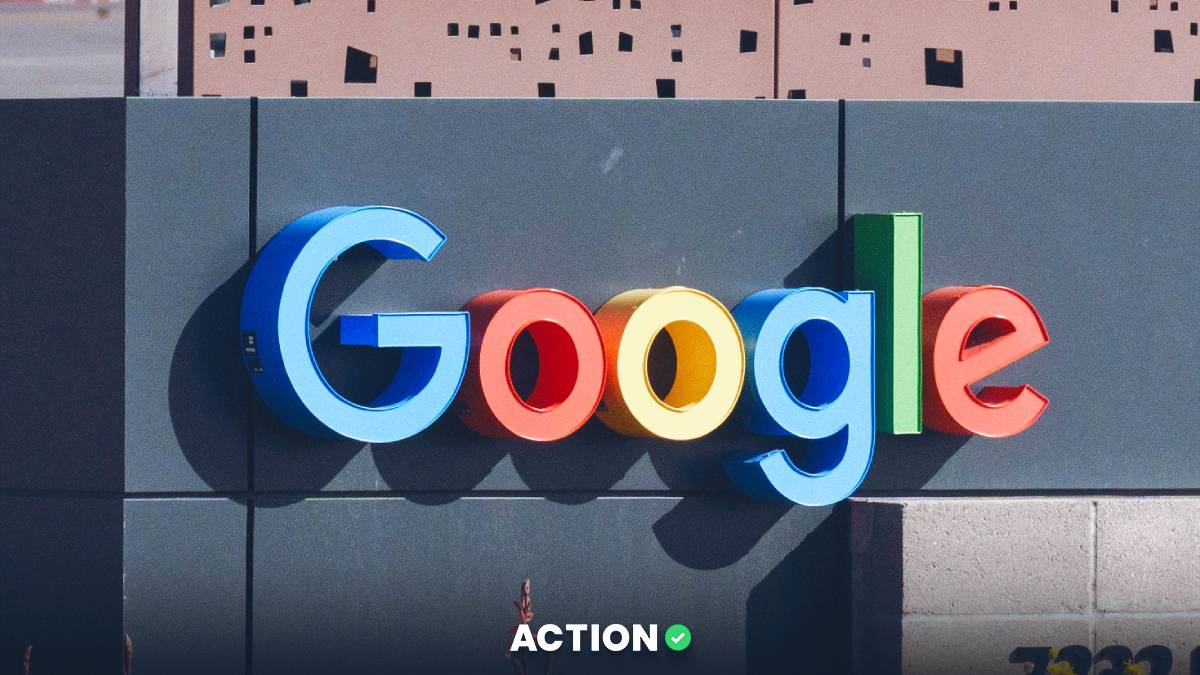A new study released by the University of Bristol in England found that 75% of the non-sponsored social-media content put out by four major U.S. sportsbooks — BetMGM, DraftKings, ESPN BET and FanDuel — did not comply with the American Gaming Association's responsible marketing code.
The AGA, however, quickly disagreed with the findings, with the association's senior vice president, Joe Maloney, calling them "an irresponsible misinterpretation of the code."
The AGA's code contains the bullet point: "Each message will contain a conspicuous responsible gaming message, along with a toll-free helpline number, where practical."
It's the "where practical" part that seems to be the crux of the dispute here. Maloney told The Guardian the code is only intended to cover social-media posts that directly link to a sports wagering service — not random, sporty or whimsical messages that might appear on a brand's feed throughout a given day.
“Like companies across other industries, sports betting operators provide relevant, engaging content to customers designed to maintain brand awareness without promoting a specific offering that is covered by the code, like sports betting,” added Maloney. “To describe the sharing of sports facts, schedules or discussion topics via tweets and posts on social media platforms as advertising and thus applicable to our code is an irresponsible misinterpretation."
All Paid Ads Complied With Code
As for sponsored social-media content, the Bristol study found that all 310 advertisements paid for by the sportsbooks in question complied with the AGA's responsible marketing code, something Maloney was swift to trumpet.
“We’re proud of our members’ responsible advertising practices and their commitment to upholding strong industry standards, which continues to grow consumer trust in our industry’s overall commitment to responsibility," he told The Guardian.
But Bristol lecturer Raffaello Rossi took issue with this rosy perspective and Maloney's narrow application of the AGA's code, telling The Guardian, "This relentless exposure can make gambling seem like a normal activity, increasing participation and risk among young and vulnerable groups.”



















































